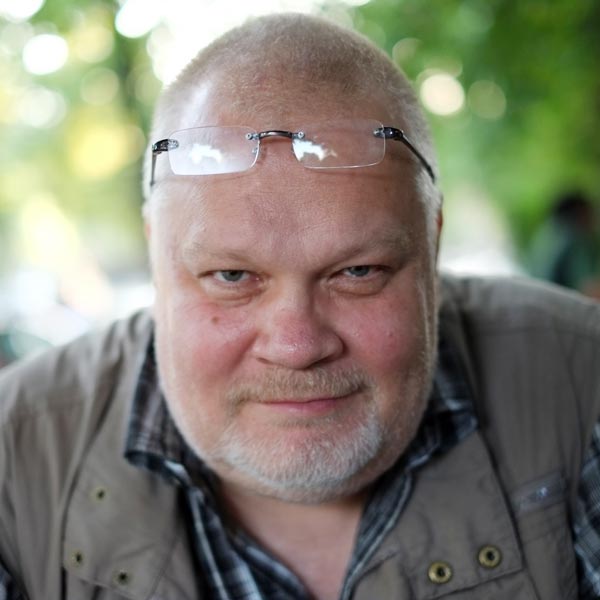If it’s on the web, it’s free for all to use?
The European Court of Justice (the ECJ, “the European Supreme Court”) ruled three years ago that anything published openly on the web may be freely reused by anyone in any way on their own website. This ruling didn’t get anywhere near the attention it deserved, as it completely reverses a common misconception – the idea […]
